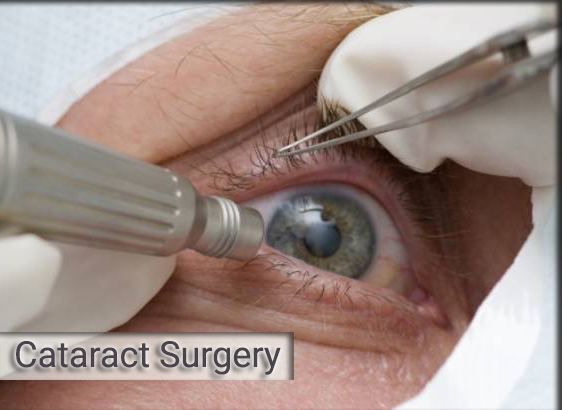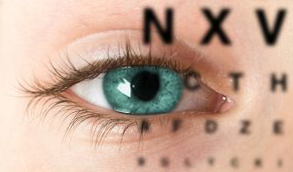Have you noticed that your vision has started to get a bit cloudy? As you notice this occurrence it is important to speak with your eye doctor as you may be developing a cataract in your eye. When you are diagnosed with a cataract your eye doctor will often recommend surgery to remove the lens of the eye and replace it with an artificial one. Cataract removal is common, safe, and after it is done you will be able to see clearer.
Who Should Have Cataract Surgery?
If you have a cataract, it doesn’t always mean you will have to have surgery, some people don’t even notice a change in their vision. Some people will continue to see clearly. As a cataract grows your symptoms will change. Your vision could become yellow, dim, or blurred. Double vision is another common side effect when you are looking at things through a cataract. It can be difficult to read, work on a computer, or do common everyday activities that require clear vision. Poor night vision is another side effect of cataracts.
Preparing for Cataract Surgery
About a week or two before your cataract surgery your doctor will start measuring the size and shape of your eyes. This allows them to choose an artificial lens that is the most appropriate size for you lens. You will be unable to eat or drink for at least twelve hours before your surgery. You should also know that you will be awake during the procedure. It is not a painful surgery, but you may need some medicine to relax especially if you have surgical anxiety. The surgery will take less than an hour in most situations. A laser is used to break up the cataract into bits that can be gently suctioned out. The new lens will then be put into place. You will not need to spend the night, but you will need someone there to drive you home. If cataracts are present in both eyes, surgery will typically be scheduled a few weeks apart.
Side Effects of Cataract Surgery
Although rare there are some typical side effects from cataract surgery including:
- Infection and Swelling
- Bleeding
- Detachment of the Retina
- A Feeling of Pressure in Your Eye
- Loosening of the Implant
- Fluid Buildup
- Eyelid Drooping
After surgery your eye may itch or be a bit sore. Bright light may be extreme, and some tearing may occur. The doctor will give you eye drops to apply regularly. Take it easy and try to relax for a few days after surgery. Don’t drive, bend over, put pressure on the eye, or pick up heavy things. While you sleep your eye should be shielded to protect it as it is healing. Your eye should be fully healed after about 8 weeks.
Rohr Eye & Laser Center offers the most advanced technology available to suit your lifestyle and visual needs. As a leader in laser vision correction and cataract surgery, our goal is to help you achieve the best vision possible without glasses or contact lenses. More information can be found online at https://michiganlasik.com.



